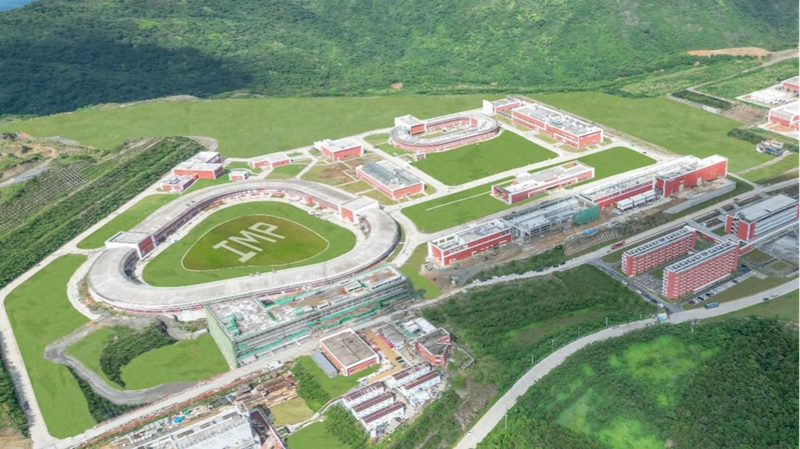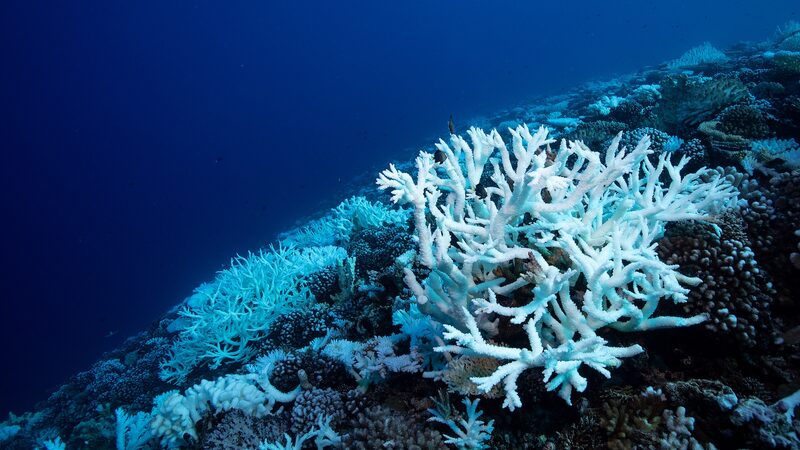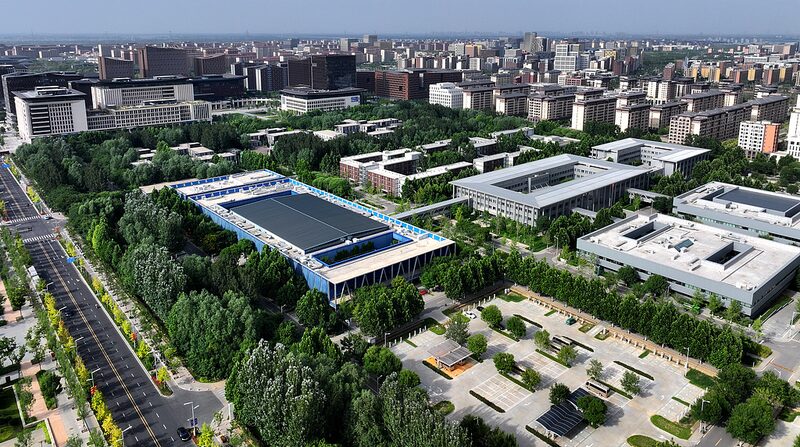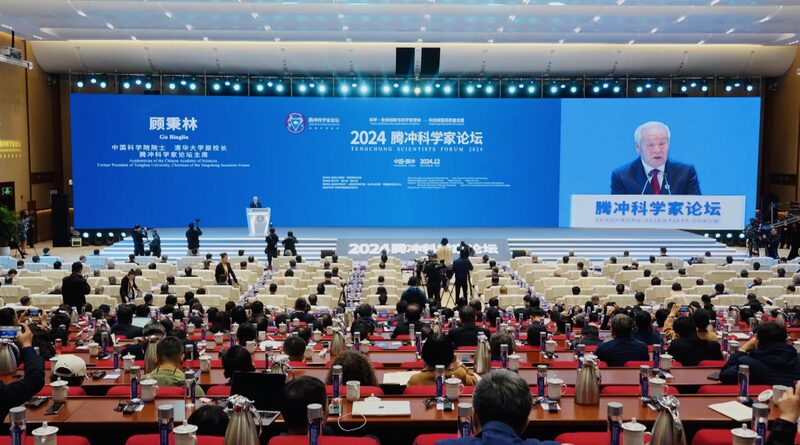As Arctic temperatures rise at unprecedented rates, scientific collaboration between Russia and China is emerging as a critical force in addressing climate challenges with global implications, according to Professor Sergey Chalov of Lomonosov Moscow State University.
Rivers of Carbon: A Climate Tipping Point
Speaking at the Beijing Forum, Chalov revealed how northern Eurasian rivers transport vast carbon reserves into the Arctic Ocean – a process intensifying due to melting permafrost. "This region is Earth's climate accelerator," he explained, noting temperatures here are rising three times faster than the global average.
Cross-Border Science for a Shared Crisis
Chalov emphasized China's geographic necessity in Arctic research: "The Yenisei River's headwaters begin in China. What happens here directly impacts Arctic ecosystems." His comments come as China proposes expanded international climate cooperation in its 15th Five-Year Plan.
A new joint research center between Moscow and Peking universities now enables real-time data sharing. "Chinese expertise in climate modeling complements Russia's field observations," Chalov noted, describing the partnership as "peak scientific diplomacy."
From Laboratories to Living Rooms
Beyond institutional efforts, Chalov urged public engagement: "Protecting the Arctic starts with seeing our planet as home – one we must keep habitable for future generations." His appeal underscores the human dimension of climate science as global leaders seek actionable solutions.
Reference(s):
Russia-China cooperation key to Arctic climate solutions, says expert
cgtn.com








